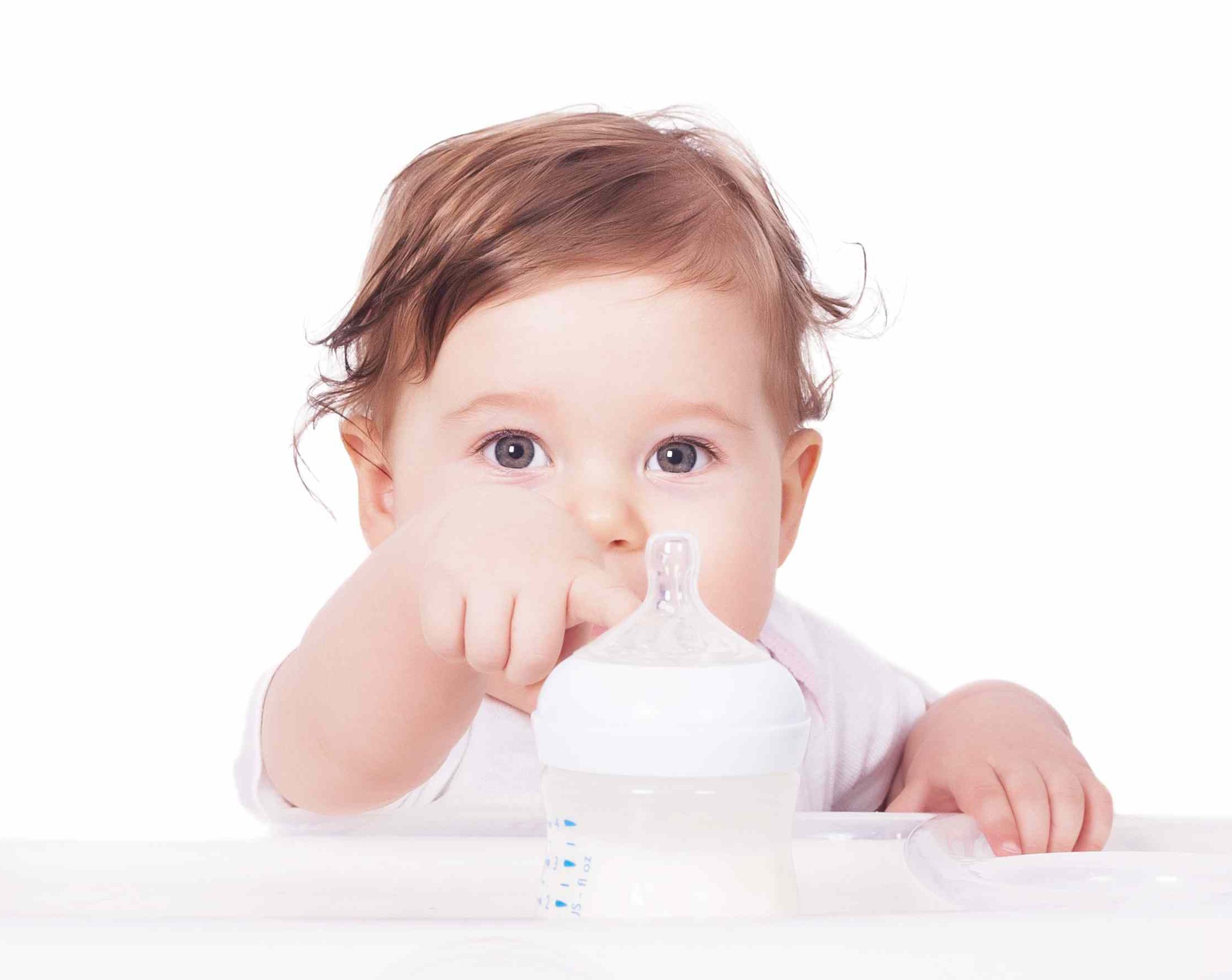You’ve probably never heard of the third most abundant ingredient in breast milk. It’s not found anywhere else in nature, and has no nutritional value because humans don’t digest it. But it may be the key to treating and preventing diseases like asthma, diabetes and obesity.
The secret ingredients are called human milk oligosaccharides (HMOs) and you are going to start hearing a lot about them. HMOs are complex sugar molecules that act as prebiotics, meaning they feed the good bacteria in the baby’s intestines. They also protect from infection and probably make the gut develop correctly.
HMOs protect infants from infection by acting as decoys for viruses and bacteria. Even the yucky norovirus, notorious for outbreaks of diarrhea on cruise ships, gets fooled by HMOs and sticks to them instead of to the lining of the intestine, thereby preventing intestinal infection.
Breastfeeding moms make about 200 different forms of these complex sugar molecules and every mother makes a different variety of them based on their blood type. No two mom’s milks are the same; in fact, the composition of one mother’s milk changes constantly from birth until weaning.
If breast milk had a label it would say: “Contains 100% of the recommended daily allowance of everything a baby needs to grow, plus extras to help ward off a lifetime of diseases.”
Baby formula companies are in a tizzy trying to mimic HMOs. Scientists at Mead Johnson, the makers of Enfamil, summarized efforts to manufacture HMOs in their report Prebiotics in Infant Nutrition when they concluded: “As a result of this complexity, it is not possible to replicate the HMOs content or composition of human milk in infant formula.”
Well, crap.
Until formula makers can mimic the complexity of Mother Nature, they are adding galactooloigosaccharides (GOSs) and labeling their cans as containing prebiotics. Formula makers explain that these additives “feed the good bacteria” and “act more like breast milk.” But they haven’t been able to prove any benefit to these HMO substitutes.
It’s likely that in order to have the full effect, a baby needs to have lots of different HMOs for them to work right. And they function in many more ways than can be achieved with the prebiotic substitutes. HMOs are a key part of developing the immune system. They shape the balance and variety of healthy bacteria in the body known as the “microbiome.” And scientists suspect that changes in the microbiome contribute to diseases including diabetes, allergies, and even autism.
If we could make the stuff, it could potentially help adults fight off traveler’s diarrhea and dangerous superbugs like C. difficile, an intestinal infection most commonly caused after taking antibiotics.
Scientists mostly ignored these sugar molecules because we thought they were inert. But nature (and moms! Shout out to my ladies!) humbled research scientists once again as they have now realized that HMOs are the reason that breastfed babies get sick less and may also be the key to protecting against diseases across the lifespan.
Not sure if you can breastfeed after a cocktail? Let me explain how to drink responsibly AND breastfeed.









